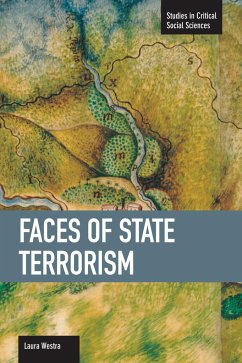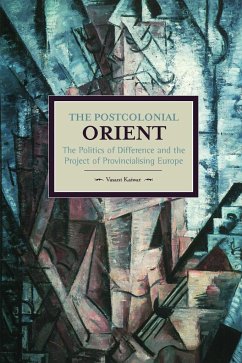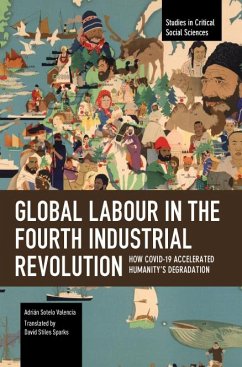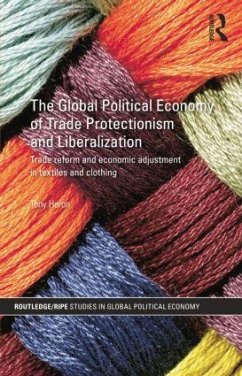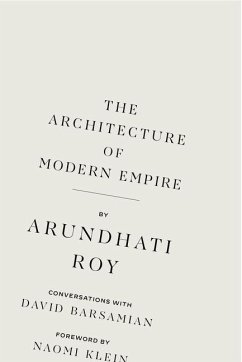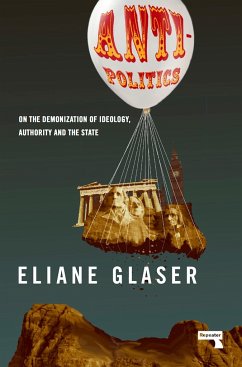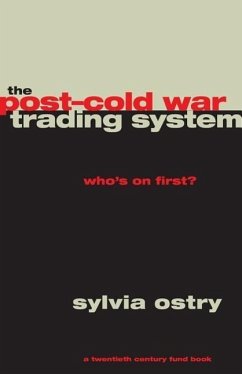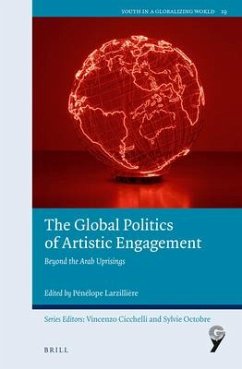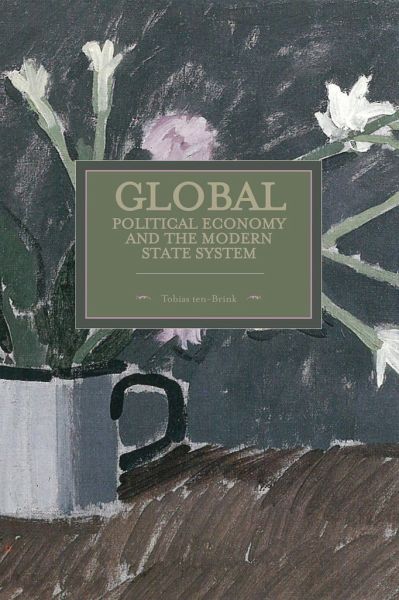
Tobias Ten Brink
Broschiertes Buch
Global Political Economy and the Modern State System
Versandkostenfrei!
Versandfertig in über 4 Wochen

PAYBACK Punkte
15 °P sammeln!




In this ambitious and masterful polemic ten Brink contributes to an understanding of the modern state-system, its conflicts and transformation
Tobias ten Brink Ph.D. (2007), is a senior researcher at Goethe University in Frankfurt. In addition to several monographs, such as Chinas Kapitalismus. Entstehung, Verlauf, Paradoxien (Campus, 2013), he has published numerous articles on comparative capitalisms, international relations and China.
Produktdetails
- Verlag: Haymarket Books
- Seitenzahl: 272
- Erscheinungstermin: 19. Mai 2015
- Englisch
- Abmessung: 226mm x 151mm x 15mm
- Gewicht: 406g
- ISBN-13: 9781608464746
- ISBN-10: 1608464741
- Artikelnr.: 41620955
Herstellerkennzeichnung
Libri GmbH
Europaallee 1
36244 Bad Hersfeld
gpsr@libri.de
Für dieses Produkt wurde noch keine Bewertung abgegeben. Wir würden uns sehr freuen, wenn du die erste Bewertung schreibst!
Eine Bewertung schreiben
Eine Bewertung schreiben
Andere Kunden interessierten sich für


